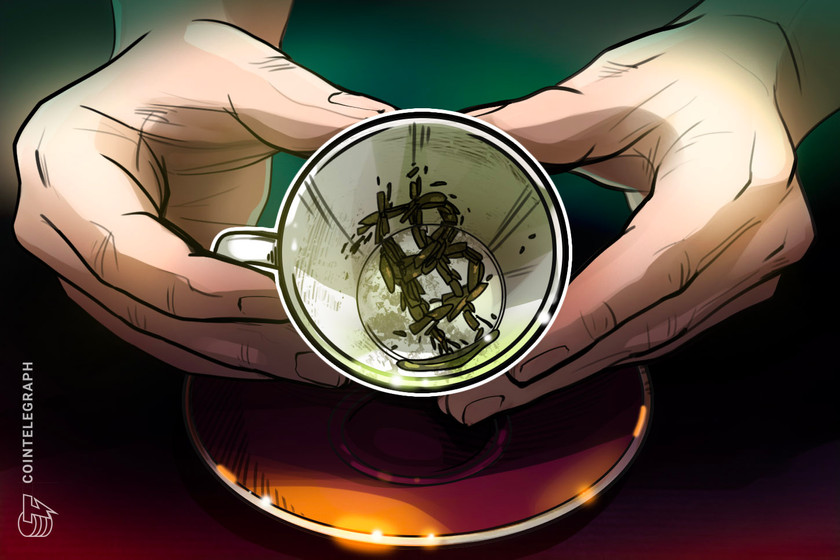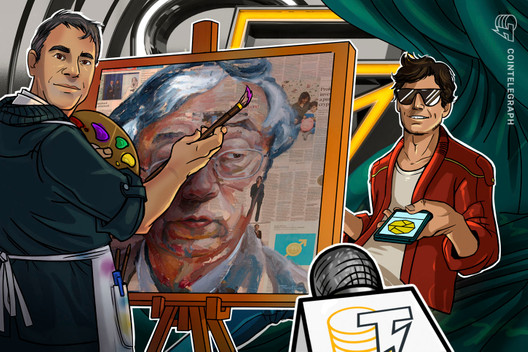Blockchain can shield banks from billion-dollar trade finance scandals, says exec
The pressure induced by the ongoing economic crisis, obsolete trade finance systems and mounting geopolitical tensions is pushing the international trade finance industry down a rabbit hole.
To add to the already critical situation, recent trade finance scandals involving major players such as Hin Leong, ZenRock, Agritrade and Hontop Energy amounted to a loss of almost $6 billion that was mostly borne by banks.
To limit their exposure to such threats, major banks like ABN Amro, Société Générale and BNP Paribas have withdrawn completely from this sector while others have raised the bar on their funding processes, said Samir Neji, founder and CEO of blockchain-based trade finance company dltledgers.
Neji told Cointelegraph, “For traders and other businesses moving goods around the world, working capital is now much harder to come by. This is stifling a sector that is already in difficulty.”
By implementing blockchain, Neji said, traders can negate the arduous paperwork, email exchanges and phone calls required to secure trade finance.
Distributed ledger technology can bring transparency to the trade execution process by sharing information in real-time, he added.
When traders immutably record everything from trade participants, documents, goods, contracts and payments on a single platform such that it can be tracked and authenticated, the chances of a trade being fraudulent would drop dramatically, or perhaps disappear altogether, Neji said, adding:
“If banks see their trades as carrying less risk, which they do, the trader will be in a much better position to attract financing, and in many cases will end up paying lower rates. This has to be positive for the sector.”
Apart from regaining the trust of banks to fund global trade, blockchain would also allow traders to smoothly execute their trades during the ongoing pandemic. Neji highlighted the world’s first blockchain-based cross-continental trade of wheat, valued at $12 million, which was conducted on the dltledgers’ platform:
“This took place right in the heart of the lockdown […] The trade was executed in five days. In contrast, the average trade cycle time for this type of trade is one month.”
Regarding the adoption of blockchain by trade finance and supply chain players, Neji said that it was important to stop talking about blockchain to customers and just show them the benefits the technology would offer.
According to the exec, it is not important for people to know the technicalities of the underlying technology to actually benefit from it. He said that dltledgers and the other companies working to incorporate blockchain in trade finance needed to work together and interoperate to fight the common foes — paper documents, outdated processes, and fraud.
“This is not a sprint; it is a global marathon,” Neji further said, concluding:
“I believe that this blockchain hype will vanish and platforms like ours will simply sit in the background, delivering value at the hands of expert engineers — probably the same kind of people that, years ago, put colour in the television, made telephones mobile, and brought the outside world into your computer.”









